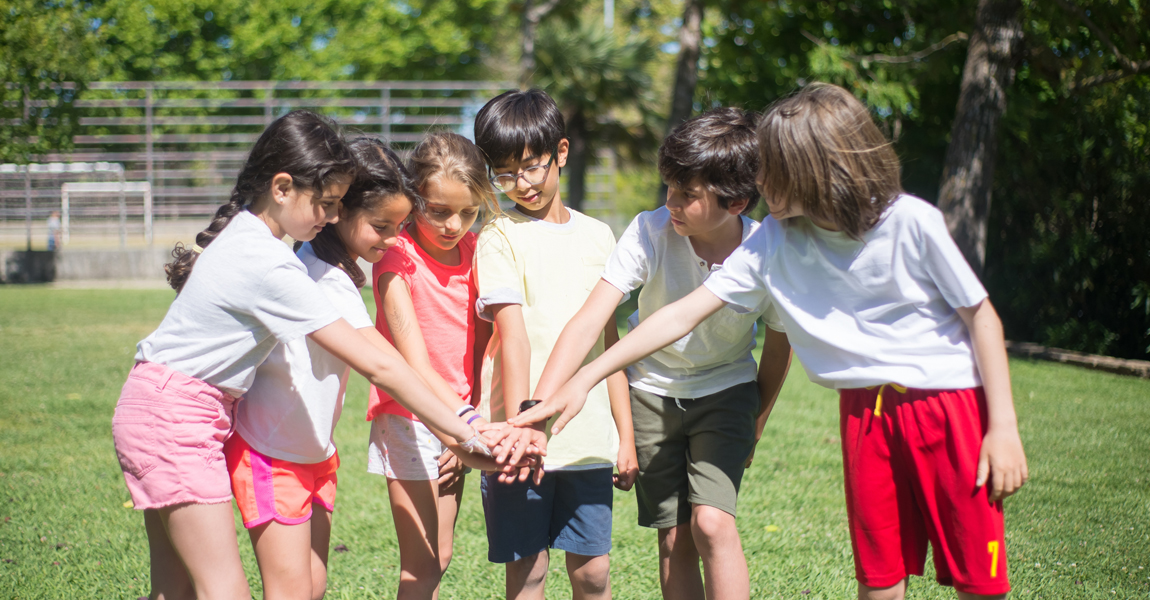How Microschools Foster Individual Growth and Academic Excellence

In today’s fast-paced and evolving educational landscape, microschools have emerged as a transformative solution for students seeking a personalized and tailored approach to learning. These small, community-oriented schools are redefining the traditional model of education, offering a more intimate environment where each student’s individual needs, abilities, and learning styles are prioritized. In this article, we will explore how microschools foster individual growth and promote academic excellence in ways that conventional schools often cannot.
A microschool is a small educational institution, typically serving a limited number of students, often ranging from 5 to 150. Unlike traditional schools, microschools operate with a focus on customized learning experiences, where students receive personalized attention from educators. The curriculum is flexible, and the learning environment is more conducive to creativity, critical thinking, and hands-on exploration.
Microschools can take various forms, including homeschool co-ops, teacher-led pods, or private institutions. The central tenet of these schools is their ability to foster individualized learning, which is achieved by keeping student-to-teacher ratios low and encouraging collaborative learning experiences.
One of the most significant advantages of microschools is their ability to offer personalized learning. With fewer students in each class, teachers can devote more time to understanding each student’s strengths, weaknesses, and interests. This enables them to design tailored learning paths that align with the student’s unique pace and style.
Unlike traditional schools, where students are often required to follow a rigid curriculum, microschools provide an environment where learning is flexible. Students can explore subjects that ignite their curiosity, delve deeper into areas of interest, and receive additional support when needed.
This strong connection between students and educators promotes not only academic success but also social and emotional growth. When students feel supported, they are more likely to engage with the material, develop confidence in their abilities, and take ownership of their learning.
In a flexible environment, students can engage in hands-on learning, collaborative projects, and real-world applications of knowledge. Such experiences encourage deeper understanding and retention of material, setting them up for long-term academic success.
In traditional classrooms, teachers may be overwhelmed by large class sizes, making it difficult to provide individual attention to each student. In microschools, however, the small class sizes allow teachers to work closely with students, offering personalized feedback and guidance.
This individualized support is especially beneficial for students who may need extra help in certain areas, whether it’s academic or emotional. Teachers can identify areas of struggle early on and provide targeted interventions, ensuring that no student falls behind. Conversely, gifted students can be challenged with advanced material, promoting a love for learning and academic excellence.
Microschools emphasize critical thinking and problem-solving as core components of their curriculum. Instead of focusing solely on rote memorization and standardized testing, these schools encourage students to think analytically, ask questions, and develop solutions to real-world problems.
This emphasis on deep learning fosters academic excellence because it pushes students to move beyond surface-level understanding. It also helps them develop essential skills that are valuable in all areas of life, such as creativity, communication, and collaboration.
Every student learns differently, and traditional schools often use a one-size-fits-all approach. Microschools, however, utilize adaptive learning methods that adjust to the needs of each student. This might include differentiated instruction, project-based learning, or inquiry-based learning, depending on the student’s needs and preferences.
By adapting to individual learning styles, microschools ensure that each student is challenged appropriately, helping them to achieve their highest potential academically.
Academic excellence is not just about excelling in core subjects like math and science. It also involves developing skills such as emotional intelligence, leadership, and teamwork. Microschools often have a holistic approach to education, emphasizing the development of the whole child—intellectually, socially.
In addition to academic pursuits, students in microschools may participate in extracurricular activities, mindfulness practices, or service-learning projects that build character and leadership skills. These experiences contribute to well-rounded individuals who are prepared to succeed not only academically but also in their personal and professional lives.
Microschools aim to cultivate a love for learning that extends beyond the classroom. Because of the personalized and flexible nature of the curriculum, students are encouraged to explore their passions, take risks, and develop a sense of curiosity and self-motivation.
This intrinsic motivation fosters lifelong learners who are eager to continue pursuing knowledge throughout their lives, leading to sustained academic excellence.
Microschools often make use of modern technology to enhance the learning experience. Digital tools, online resources, and collaborative platforms provide students with access to a wealth of information and opportunities for interactive learning. This integration of technology helps students develop digital literacy skills and stay engaged in a rapidly changing world.
In a small learning environment, students often have the chance to work closely with their peers on collaborative projects. This encourages a spirit of teamwork, communication, and peer-to-peer teaching. Peer learning fosters a sense of community and helps students understand different perspectives.
By working with their classmates, students not only solidify their own understanding of the material but also learn from others, which enhances their academic performance.
As the demand for more personalized education grows, microschools are becoming increasingly popular, especially in urban areas. Cities like Hyderabad, where parents are seeking high-quality, customized learning experiences for their children, are seeing a rise in these small-scale educational models. For instance, preschool in Hyderabad can provide an ideal starting point for early childhood development, offering the same benefits of individualized attention and customized curriculum.
Additionally, many parents are searching for an international preschool near me, where their children can experience a global education from the very beginning. International preschools often align with the values of microschools, providing a diverse and enriched learning environment that prepares children for a globalized world. Whether it’s a preschool in Jubilee Hills or another part of the city, these microschool models offer the flexibility and support that traditional education systems may lack.
While microschools offer numerous benefits, they are not without their challenges. One of the primary concerns is the lack of socialization that can occur when students are in smaller, more isolated environments. However, many microschools overcome this by fostering strong ties with the local community, encouraging students to participate in group activities, and collaborating with other microschools or organizations.
Another challenge is ensuring that microschools maintain a high standard of education despite their small size. Many microschools address this by hiring highly qualified educators who are passionate about personalized teaching and by constantly adapting their curriculum to meet the changing needs of their students.
Conclusion



